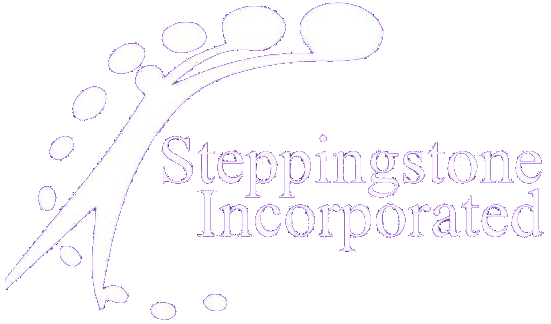Residential rehabilitation is a type of treatment program that provides a safe and supportive environment for people who are struggling with addiction. The goal of residential rehabilitation is to help people learn the skills and tools they need to live a sober and healthy life.
There are many different types of residential rehabilitation programs, but all of them offer a variety of services, including:
- Medical care
- Psychological counseling
- Group therapy
- Individual therapy
- 12-step support groups
- Recreational activities
Residential rehabilitation programs can be very effective in helping people overcome addiction. In fact, studies have shown that people who complete a residential rehabilitation program are more likely to stay sober and avoid relapse than those who do not.
If you are struggling with addiction, residential rehabilitation may be the right option for you. There are many different programs available, so it is important to find one that meets your individual needs.
Here are some of the benefits of residential rehabilitation:
- It can help you to overcome addiction and live a sober and healthy life.
- It can provide you with the support and resources you need to stay sober.
- It can help you to learn new skills and tools to manage your addiction.
- It can help you to heal from the emotional and physical damage caused by addiction.
- It can help you to rebuild your life and relationships.
Residential rehabilitation can be a life-changing experience for people who are struggling with addiction. If you are considering residential rehabilitation, it is important to talk to your doctor or a trusted friend or family member about your options.
Here are some tips on how to prepare for residential rehabilitation:
- Talk to your doctor or a trusted friend or family member about your options.
- Do your research and find a program that meets your individual needs.
- Make sure you have the financial means to cover the cost of treatment.
- Pack your belongings and make sure you have everything you need for your stay.
- Say goodbye to your loved ones and let them know that you are going to residential rehabilitation.
- Be prepared for a challenging but rewarding experience.
Here are some things to keep in mind when preparing to enter into residential rehabilitation:
- You will need to detox from drugs and alcohol.
- You will need to be prepared to deal with emotional and physical withdrawal symptoms.
- You will need to be prepared to learn new skills and tools to manage your addiction.
- You will need to be prepared to heal from the emotional and physical damage caused by addiction.
- You will need to be prepared to rebuild your life and relationships.
Residential rehabilitation can be a life-changing experience for people who are struggling with addiction. If you are considering residential rehabilitation, it is important to talk to your doctor or a trusted friend or family member about your options.






